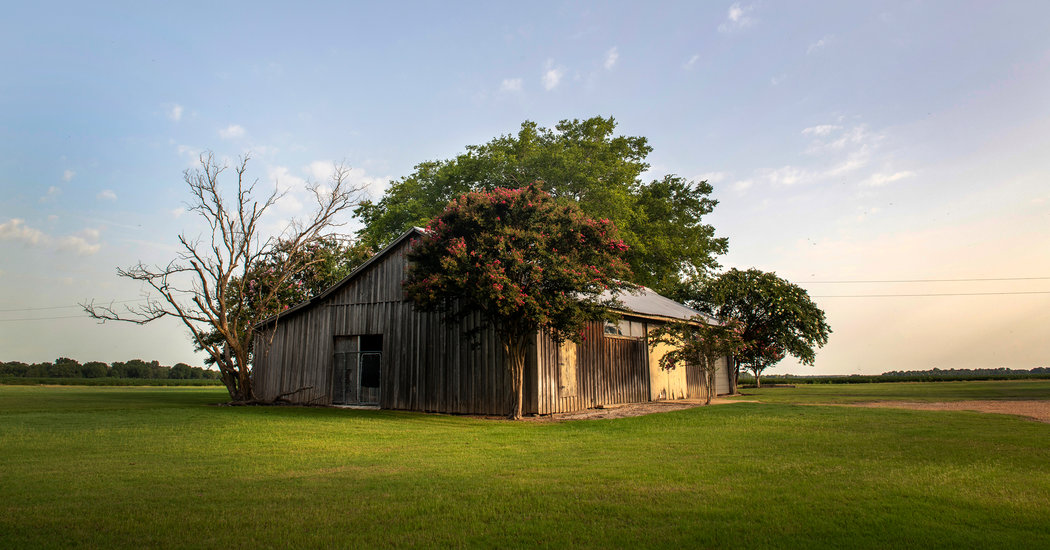
“I was six years old,” he replied. “But I remember people talking about it.” His name, he said, was Percy Gordon.
CreditThe New York Times
A half-mile away, at the Humphreys County Courthouse (erected 1921), I knocked on an old white wooden door. The words “Circuit Clerk” were flaking off its transom; they were, I’m guessing, painted on there well before 1955. The three women inside smiled at me. “Is this where people register to vote?” I asked.
“Yes,” said the one with the biggest smile. She was wearing a bright red Delta Sigma Theta sweater.
“Is this where they would have registered in the early ’50s?”
“It is.”
“Did it look like this then?”
“Just like this,” she said, sweeping an arm around the room.
When I told her I was interested in George Lee, her face lit up even more. “You’re welcome to look around. Feel free to check out the vault, too,” she said, gesturing to a chamber behind a thick black metal door. “Stay as long as you like.”
The vault is stacked, floor to ceiling, with enormous leather-bound volumes that stretch back to the establishment of the county a century ago: Criminal Docket; Civil Docket; Marriage Record; Marriage Record Colored; Registration. The clerk, Timaka James-Jones, told me I could examine whatever I liked; if I hadn’t had a return flight booked already, I would still be there perusing right now. The most fascinating were the ones stamped Poll Tax Receipts. It is said that Mrs. James-Jones’ predecessor, six decades back, tried to turn Reverend Lee away when he first went to pay his.
“Have you found his name in any of these?” I asked her.
“You know, when I started here, in 2003, the first thing I looked up was my marriage license. The second thing I looked for was his name,” she told me. “I’m still looking for it.”






